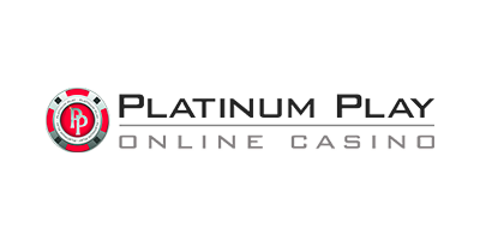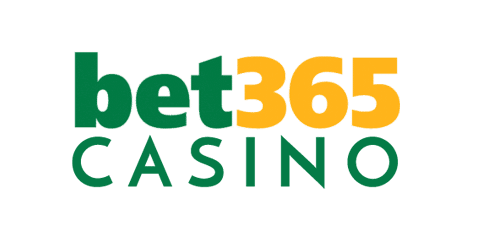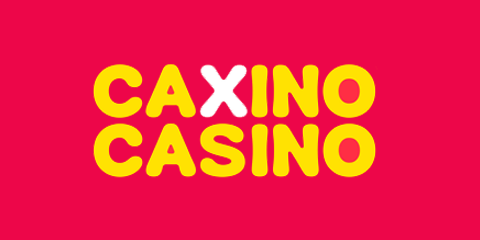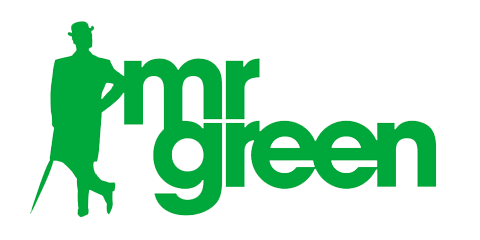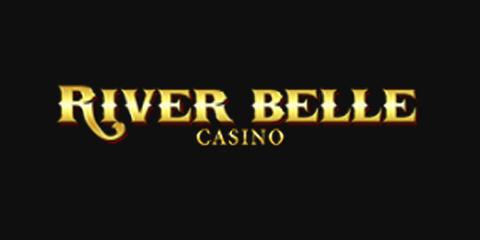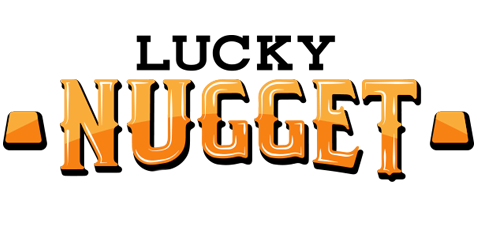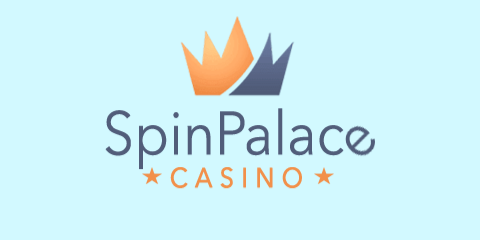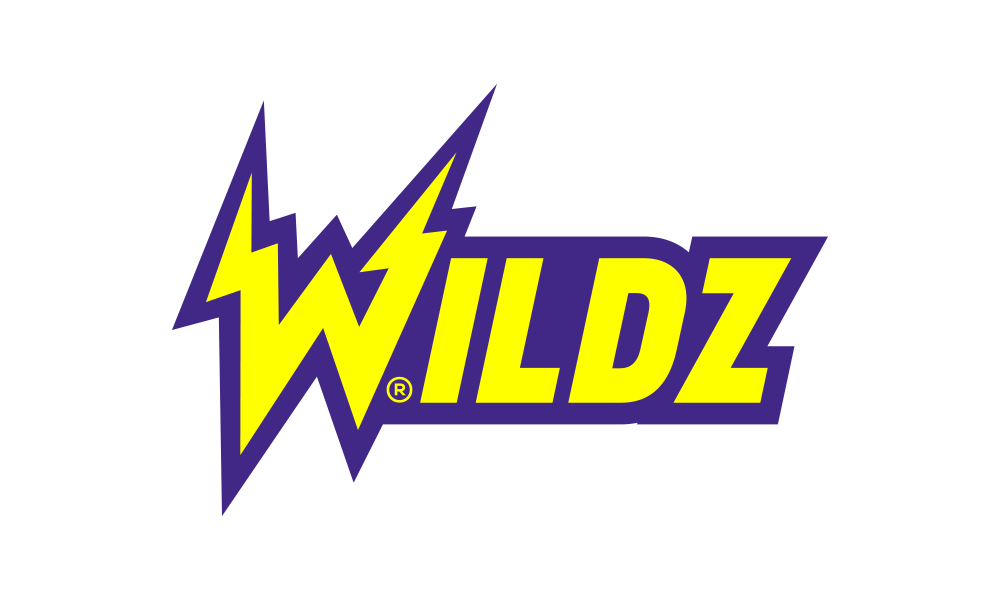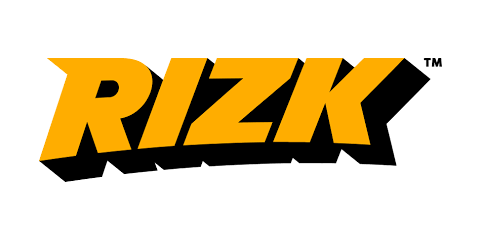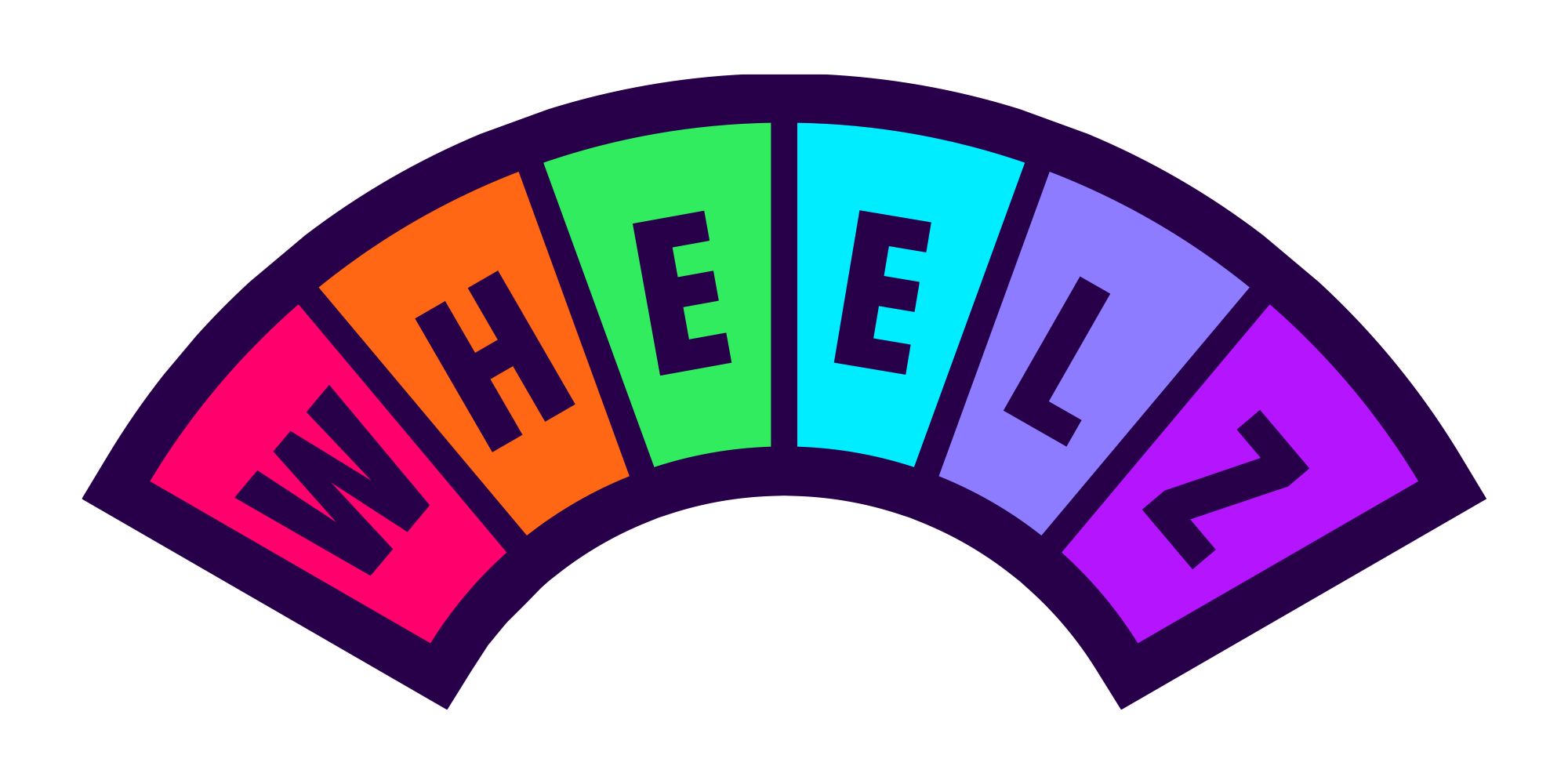Alberto de Andrés: "Gambling operators are very committed and support any initiative or campaign in favor of responsible gambling"
- Let's start by talking a little about yourself. Who is Alberto de Andrés? How did you get to your current job position?
- I started in the gaming sector more than 8 years ago, in the Customer Service department of Casino Twin, where I was lucky enough to surround myself and learn from great professionals. I always liked to analyze in detail the behavior of users and maybe that's why and because of my way of working (I'm very methodical) I knew that I wanted to specialize in the area of Payments and Fraud Prevention. I trained in the Prevention of Money Laundering and Terrorist Financing and also received specific training from several professionals in the sector with experience in this area.
In 2017 I started a new project participating in the launch of Dollarapuestas Online training the Customer Service team and directing that area. And later, I held the position of head of the Fraud and Payments department, at which time I decided to continue training on my own and above all, sharing knowledge with other professionals.
Currently I am responsible for the Customer Service and Fraud and Payment departments of Moons , the first online gaming operator based in Ceuta, where I have had the privilege not only to participate again in the launch of a new gaming operator but to be able to impart, together with other professionals in the sector, specific training in gaming through the Spanish Gaming Academy training school and together with the support of the Autonomous City of Ceuta.
- What exactly are you doing at Moons? Do you work with clients, banks, or authorities (if we are talking about fraud)?
- Although my position is that of responsible, I have a team of great professionals and together, we take care of the procedures derived from all the operations of the clients.
However, in the field of Payments and Fraud, there are a number of tasks that fall directly on me, such as contracting and configuring payment methods and establishing the necessary procedures in the field of fraud prevention and money laundering. Always in continuous communication with the different payment institutions with which we work and proactively collaborating with the competent authorities.
- What are the most common problems that you usually face on a day-to-day basis? What is the most common type of fraud?
- Probably the most common type of fraud faced by all gambling operators is the identity fraud . As we already know, the user registration is associated with the participant's identity number so it is limited to a single game account per user. This fact sometimes causes some users to resort to registering third-party identities with the intention of benefiting from new promotions or bypassing regulatory controls for minors and prohibited players.
The key to mitigating all types of fraud is to have an experienced team and tools that make it easier for us to detect illicit behavior.
- Surebets or safe bets are a widespread phenomenon in the world of betting. Do you consider surebets as fraud? Are they common in New Zealand?
- I do not consider them as fraud, but as a breach of the gaming contract.
Normally, the odds are set by gambling providers working for several bookmakers, so it is possible to find the same surebets on different operators. Anyway, it is not something usual although it is true that players are becoming more experienced and have become "professional”, to the point that some of them are dedicated only to looking for and making this type of bets.
- In recent years a lot of emphasis has been placed on safe and responsible gambling. How do you work to prevent pathological gambling? What measures or controls do you do with clients and which ones do you think are/would be most effective?
- Analyzing the gaming behavior of users helps us detect behaviors that go outside the established patterns. These risk behaviors can be associated with a pathological game development and from Moons we are prepared, not only to detect them but to act accordingly.
The new Draft Royal Decree on commercial communications has included a series of responsible gambling and safe gambling measures, focused on prevention, awareness-raising and intervention and control mechanisms by operators.
These measures are necessary and I know that they have been well received by all operators.
Recently I was lucky enough to participate in the responsible gaming workshop organized by the association Bet On Ceuta in collaboration with the Autonomous Tax Services Agency (OAST) from Ceuta , and it was a pleasant surprise to hear colleagues from the sector explain the additional measures they apply in terms of prevention of pathological gambling.
- One of the pillars of legal gambling is secure transactions. How do you guarantee the security of payments (whether deposits or withdrawals)? Why are some payment methods faster than others to process withdrawals?
- For us we work with a PSP or online payment platform who is responsible for mediating between the client and Moons. This PSP allows us, among many other things, to establish a series of rules and alerts about customer deposits that allow us to detect behavior that could be considered fraudulent and act accordingly. In addition, they have PCI Compliance Certificate , thus ensuring that our customers' card data is protected.
As for the withdrawals of funds, following the procedures set out in the PBC/FT Manual, some of them require a more exhaustive analysis than others or additional documentation to verify the identity of the user, the ownership of the means of payment or even the origin of the deposited funds, if necessary.
Withdrawals must be managed within a maximum period of 24 hours from your request. But it is important to know that if the operator requires some additional action such as those named above, this period could be extended.
Finally, it should be noted that the terms of management of withdrawals by the different means of payment do not depend on the operator. It is true that electronic wallets such as PayPal or Skrill are usually immediate, but a withdrawal of funds by card or bank transfer can take up to 72 hours to appear reflected in the customer's account.
